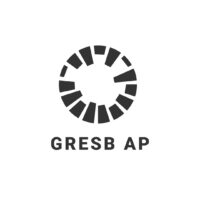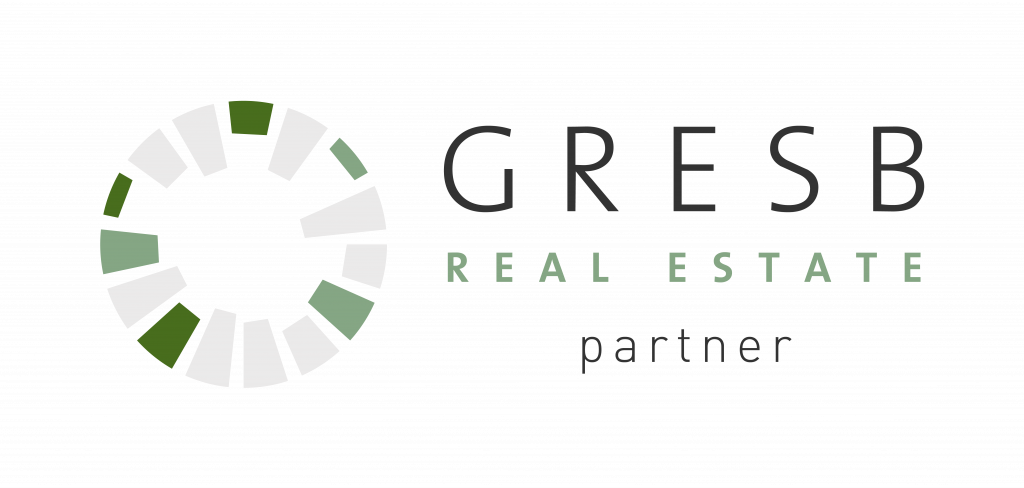The REGULATION (EU) 2019/2088 OF THE EUROPEAN PARLIAMENT AND OF THE COUNCIL of 27 November 2019 on sustainability‐related disclosures in the financial services sector is known in the industry as the “SFDR“.
To put it simply, the regulation imposes a number of new disclosure obligations on asset managers and financial advisers with regard to various sustainability issues, to make it easier for end-investors to make informed investment choices.
This is just another pillar of the fast evolving EU sustainable finance agenda set up in 2016 when the European Commission established a High-level expert group (HLEG) on sustainable finance, comprising senior experts from civil society, the finance sector, academia and observers from European and international institutions. The group was mandated to provide advice to the Commission on how to:
- steer the flow of public and private capital towards sustainable investments;
- identify the steps that financial institutions and supervisors should take to protect the stability of the financial system from risks related to the environment;
- deploy these policies on a pan-European scale.
A number of key initiatives and policies have been introduced since then, such as:
- EU taxonomy (Reg. 852/2020);
- Climate benchmarks (Reg. 2089/2019);
- EU Green Bond Standard (BGS);
- Non-financial disclosure (Reg. 2088/2019);
- Non-Financial Reporting Directive 2014/95;
- Sustainable Corporate Governance;
- Non binding guidelines on climate-related information;
- EU Ecolabel;
- EU Single access data point.
The ultimate objectives of the SDFR disclosures are:
- to prevent greenwashing in products;
- to provide investors with transparency on sustainability risks and impacts in processes.
Details of disclosures (e.g. pre-contractual documents, websites, regular reports, etc.) for the various product groups vary, depending on their classification:
- “Mainstream” products (Art. 6 SFDR and Art. 7 EU taxonomy).
- “Light green” products (Art. 8 SFDR), those promoting environmental or social characteristics or a combination of them, provided that the companies in which it is invested adhere to good corporate governance practices. There may not be a minimum percentage of sustainable investments that needs to be fully disclosed.
- “Dark green” products (Art. 9 SFDR), those contributing to the attainment of an environmental or social objective, provided that the investment does not significantly interfere with any of those objectives and the companies in which the investment is invested employ good corporate governance practices. In other words, these products have an environmentally sustainable investment strategy in activities fully aligned with the EU taxonomy.
The SDFR also introduces the definition of “sustainable investment” i.e. an investment in an economic activity that contributes to an environmental objective, as measured, for example, by key resource efficiency indicators on the use of energy, renewable energy, raw materials, water and land, on the production of waste, and greenhouse gas emissions, or on its impact on biodiversity and the circular economy, or an investment in an economic activity that contributes to a social objective, in particular an investment that contributes to tackling inequality or that fosters social cohesion, social integration and labour relations, or an investment in human capital or economically or socially disadvantaged communities, provided that such investments do not significantly harm any of those objectives and that the investee companies follow good governance practices, in particular with respect to sound management structures, employee relations, remuneration of staff and tax compliance.
As the SFDR comes into force in the EU after the end of the Brexit transitional period, it will not have direct effect in the UK as a matter of EU law, however there a couple of considerations to make:
- In November 2020, Rishi Sunak announced that the UK will be the first Country in the world to make disclosures that are aligned with the Task Force on Climate related Financial Disclosures (TCFD) fully mandatory by 2025, going beyond the “comply or explain” approach adopted under the SFDR.
- There are still multiple ways in which SFDR could be relevant to UK firms, either as a legal matter or a practical matter (e.g. UK fund managers marketing investments or financial products into the EU-27 under national private placement regimes, UK firms sponsoring any funds with an EU-27 structure or platform and being responsible in practice for those funds’ compliance with SFDR, UK firms being a member of a global group which decides to implement SFDR as a baseline compliance standard across all its operations, including the UK, on a voluntary basis, or coming under client pressure or investor pressure to opt-in to SFDR on a voluntary basis, etc.).
For more information please click here.









